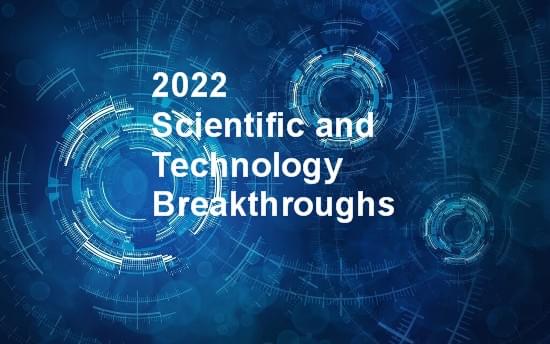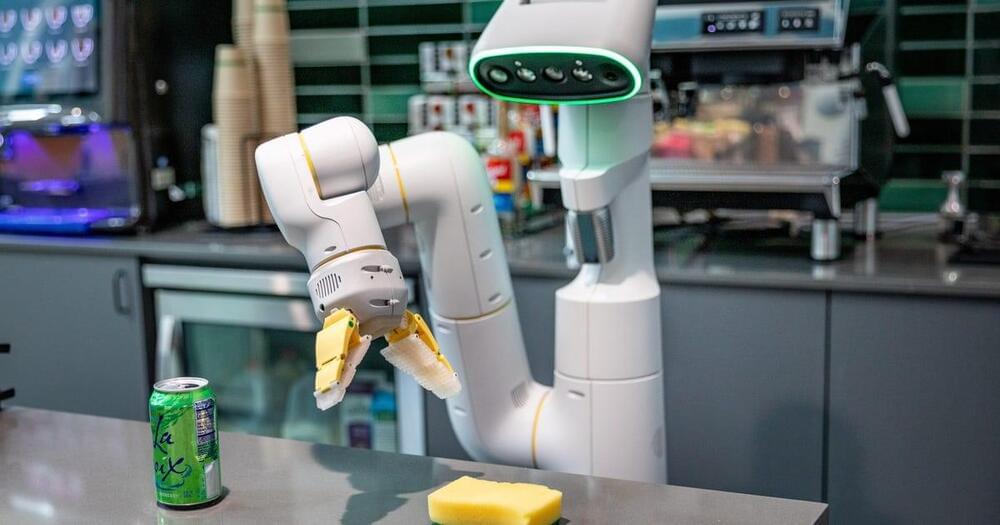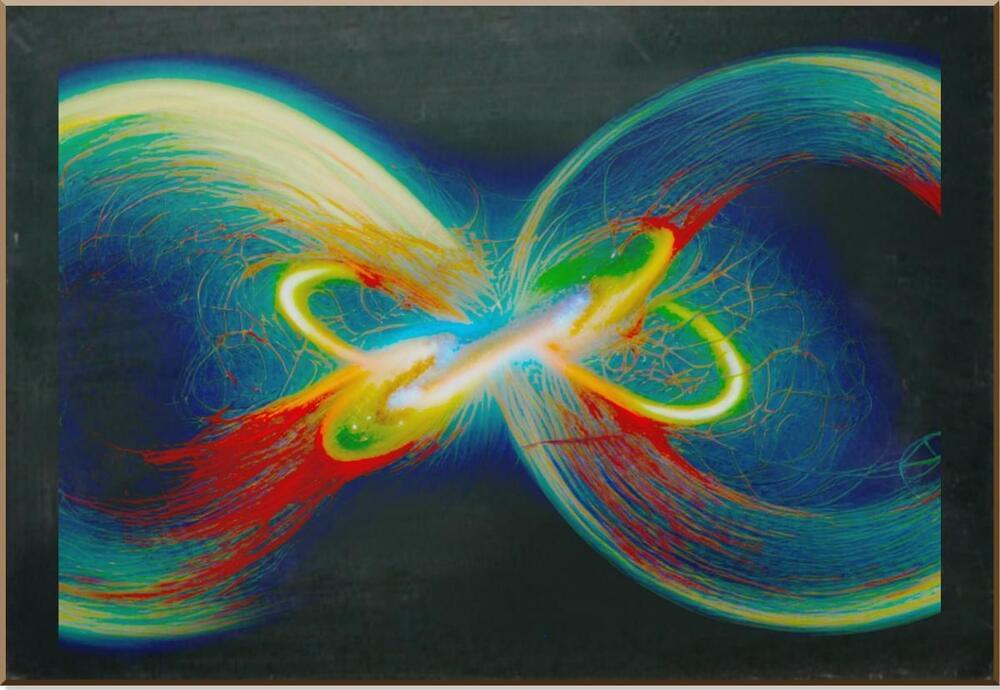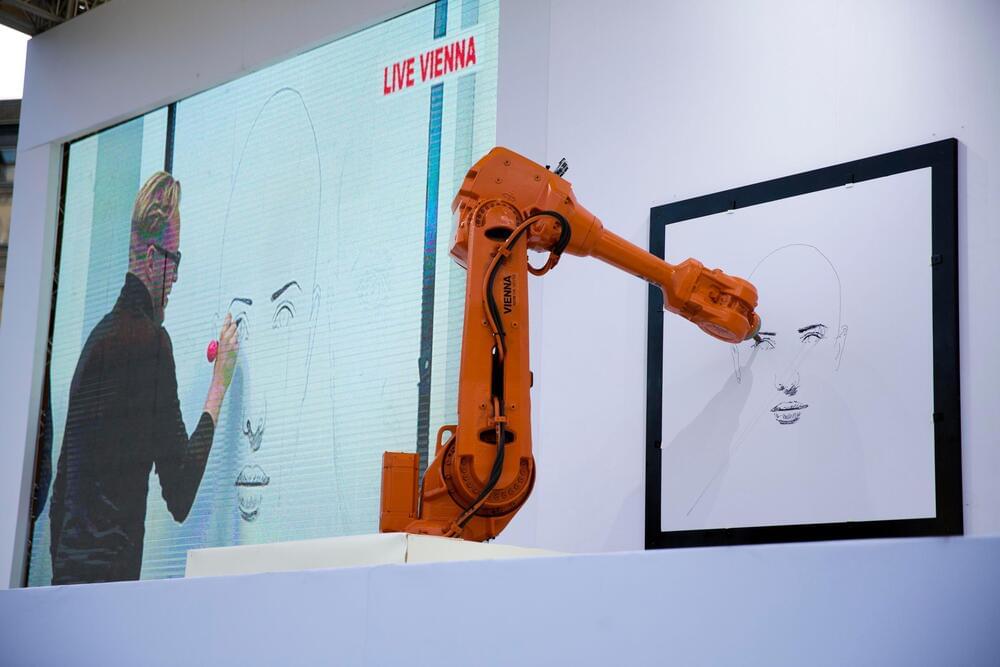In 2022 strides were made in cultivated meat, perennial rice, robotics, quantum computing and AI.




Do you want to get started with Quantum Machine Learning? Have a look at Hands-On Quantum Machine Learning With Python.

https://youtube.com/watch?v=r7-S31eA7mo&feature=share
Welcome to our latest video on the future of artificial intelligence! In this episode, we’ll be exploring the question is.
AI a friend or an enemy, and will they be a potential threat to humanity?
On the one hand, AI has the potential to revolutionize many industries and make our lives easier. From self-driving cars to virtual assistants, AI has already made some incredible advancements in recent years.
On the other hand, there are valid concerns about the potential dangers of AI. Some experts have warned that AI could eventually surpass human intelligence and potentially even pose a threat to our very existence.
So what’s the truth? In this video, we’ll take a look at both sides of the argument and try to answer the question: should we fear AI or embrace it? We’ll also be discussing the ethical considerations surrounding AI and what the future may hold for this rapidly evolving technology.
Stay tuned for a thought-provoking discussion on the future of artificial intelligence.
Artificial intelligence can now make better art than most humans. Soon, these engines of wow will transform how we design just about everything.

This year has seen remarkable developments in artificial intelligence, an inflection point for quantum computing, progress in aging research, a number of exciting discoveries in astronomy, a potentially revolutionary new material, and many more breakthroughs.
These were our top 20 most viewed blogs of 2022, in reverse order. See you in 2023!

Artificial intelligence is all over the news. When ChatGPT, OpenAI’s new chatbot, was released last month it seemed, finally, to match the hype that generative A.I. has been promising for years—an easy-to-use machine intelligence for the general public.
Wild predictions soon followed: The death of search engines, the end of homework, the hollowing-out of creative professions.
For the creative professions, the rise of generative A.I. feels like an existential threat. But a familiar technology, invented 184 years ago, can show us how to adapt and thrive in a new reality.
2022 has been an interesting year with incredible developments, both positive and negative in the field of Artificial Intelligence (AI). Many international leaders have consistently expressed concerns on the hopes or horrors that AI can unleash if humans are not careful in applying ethical AI practices, and also fundamentally thinking harder about the use cases and the societal impacts that AI could have on human civilization.
According to a Gartner study, the revenue from AI in 2022 will reach $62 billion. This is an increase of roughly a 21.3% increase from 2021. Despite the dynamics of the market, AI is continuing to evolve, grow and many outstanding AI innovations are advancing the betterment of human kind — giving us much hope.

The method can be used on any time-sensitive natural disaster.
In 2011, northeast Japan was struck by a devastating tsunami that claimed the lives of about 18,500 people. Since then, the nation has been focused on preventing a similar outcome in the future.
“The main advantage of our method is the speed of predictions, which is crucial for early warning,” explained Iyan Mulia, the work’s lead and a scientist at RIKEN.
Kurosuke/iStock.
Now, new research out of the RIKEN Prediction Science Laboratory has used machine learning to accurately predict tsunami impacts in less than one second, according to a press release by the institution published on Monday.